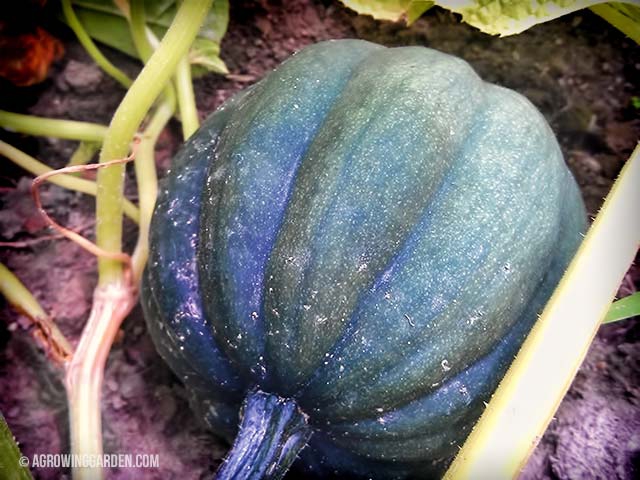
Even though I've been at it for 15 + years, I still consider myself to be a beginning gardener. I'm constantly amazed at how much there is to know (and how much I don't know!), how much there is to research, plan and time in the garden, and how much my garden teaches me each year. Each year and season is different and seems to have it's own set of issues and problems - all of which need to be investigated, researched, dealt with, and (hopefully) fully understood to try to fix and ensure they don't happen again.
One of the "issues" I've been dealing with this summer has to do with seeds.
When it comes to plant seeds, there are "hybrids" and "open pollinated" types. In general terms, hybrids (often labeled "F1") are the result of crossing two different varieties of the same plant species. Hybrid plants do not normally produce seed that comes true to type (i.e. the plants grown from seed collected from hybrid plants will not be like the parent plant). In order to produce hybrid seeds that will resemble the hybrid plant, the same original cross must be replicated and seeds collected from the cross.
On the other hand, open pollinated seeds are varieties that reproduce themselves by self pollination or by cross pollination between 2 plants of the same variety. Normally, open pollinated plants that haven't been crossed with a different variety of the same species will produce seeds that will resemble the parent plant.
Although I am not against growing hybrids (I have a few hybrid tomatoes and also some hybrid sweet corn growing in my garden right now), for the most part I try to grow open-pollinated, heirloom seeds. After all, in my quest to create a self sufficient garden, I'd like to collect my own seed for growing in years to come. And, while I do collect quite a bit of my own seed, I still do buy seed too - sometimes to try a new variety or to expand my seed collection.
And that's where my problem started this year ....
I bought a packet of acorn squash ("Table Queen") seeds from the reputable seed vendor who specializes in heirloom seeds. I've always loved acorn squash and hadn't grown it for years, so I wanted to give it a try again this year. I planted 4 or 5 hills of what I thought would be acorn squash, but, as the plants grew and the fruit started developing, it became clear that much of what I planted was NOT acorn squash.
From this one seed packet, I did end up with a few acorn squash plants, but also a lot of what appear to be sweet dumpling squash, a pumpkin of some sort, and a strange looking plant that looks like a cross between an acorn squash and some kind of patty pan or other variety.
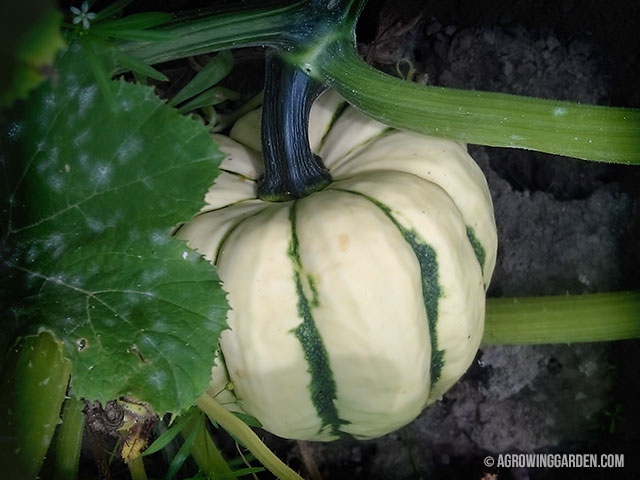
Sweet Dumpling Squash
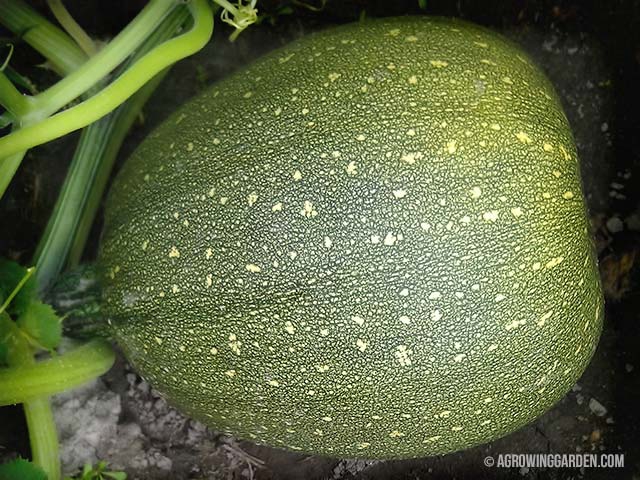
Some Sort of Pumpkin
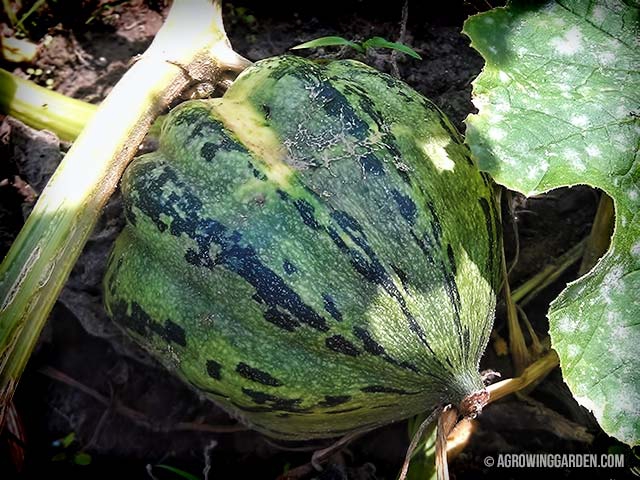
Weird Squash Cross
At first I was rather annoyed about the whole situation ... I mean, if I wanted to grow pumpkin, I would have planted pumpkin and the weird squash cross that grew isn't even really edible. But I'll admit that I was a bit excited about the Sweet Dumpling Squash, which I had never even heard of and is, hands down, the sweetest, best tasting squash I've ever had!
I contacted the seed company and sent photos of the plants/fruit and gave them the lot # of their seed packet (in case they wanted to investigate it further on their end). They were helpful to me in identifying the sweet dumpling squash and offered to refund my money or to send replacement seeds, but I decided not to take them up on their offer. My main concern was simply to know what I was growing and, for the $2 or $3 dollars I spent on the packet of seeds, I did get some acorn squash. I also learned a lot and was introduced to a new variety of squash that I definitely want to grow again. That alone was worth the money I spent on the seeds!
Lesson Learned
What this all taught me, though, is that you need to be careful when ordering seeds and when producing and collecting your own seeds. Most seed companies seem to have a refund policy for mislabeled or mis-typed seeds, but it's also important to know their policy on testing their seeds to ensure that they come "true to type."
When collecting seeds from your own garden, especially with open pollinated varieties of plants that can cross pollinate, it is important to keep the different varieties far from each other to avoid pollination between different types. And, of course, when collecting and packaging seeds, you need to be vigilant about sorting and labeling.
How this company ended up mixing their acorn squash with sweet dumpling squash, pumpkin, and squash crossed seeds is beyond me, but I'll definitely be more careful about how I create, collect, and store seeds in my garden.
In the mean time, I'll be enjoying lots of sweet dumpling squash this winter.





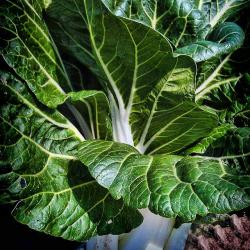
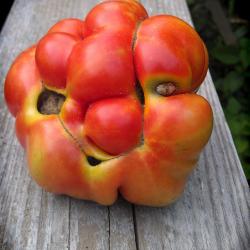
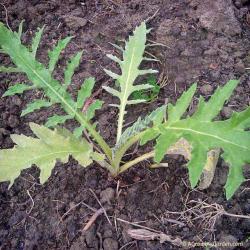
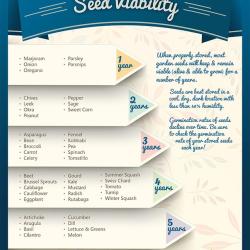



Join the Conversation!